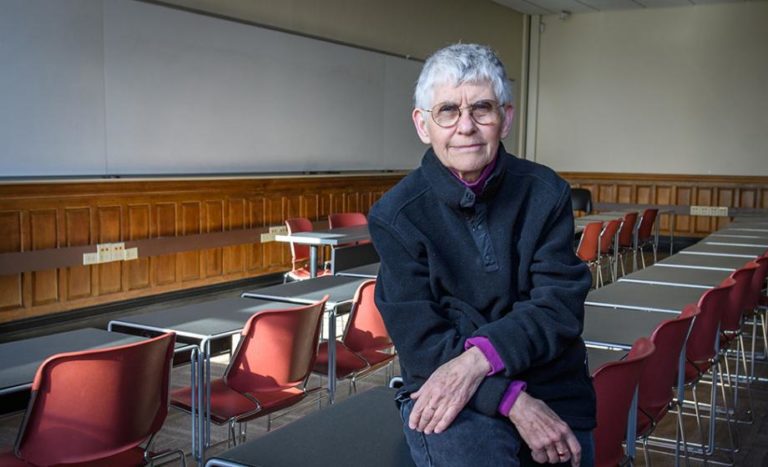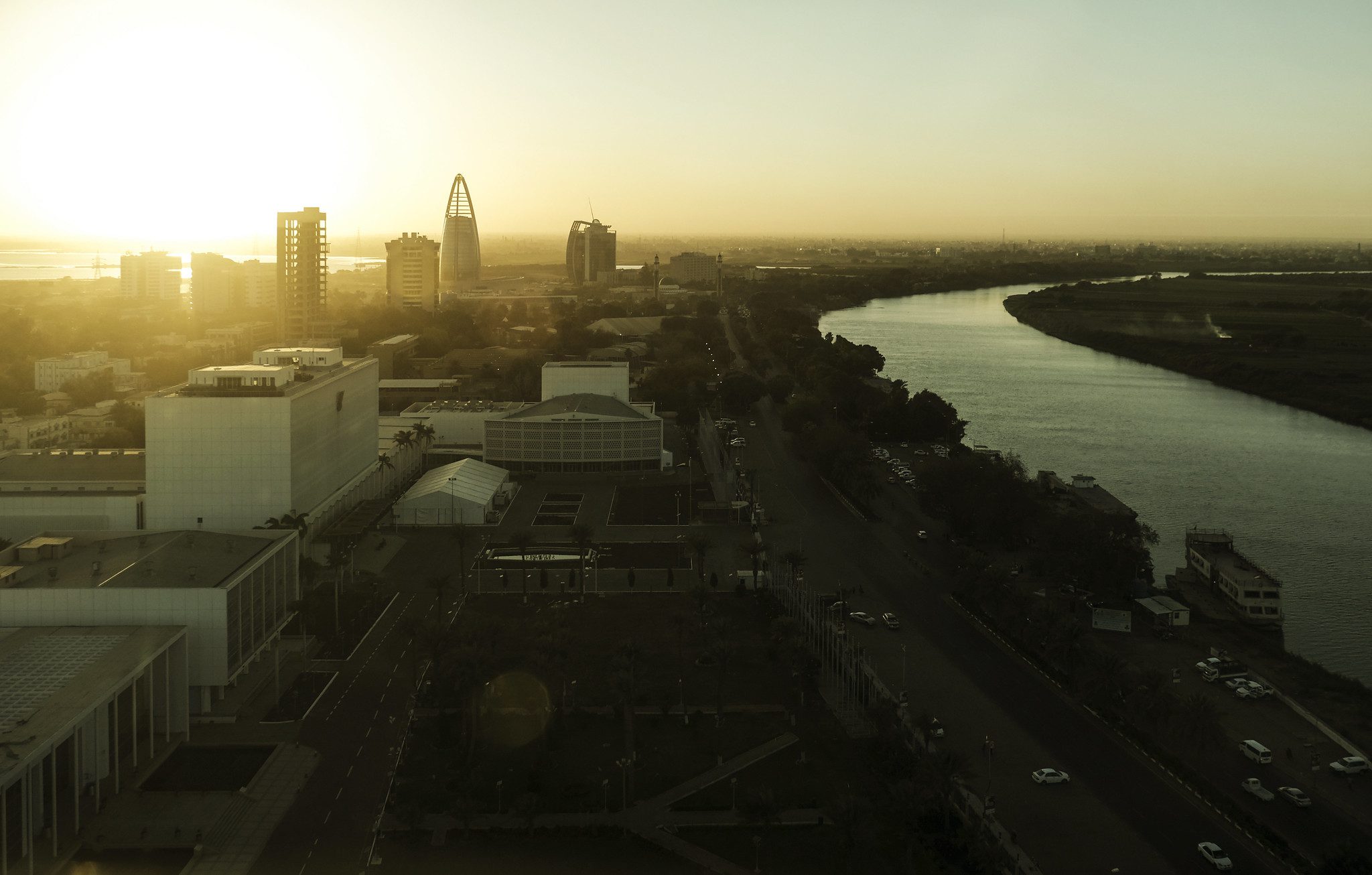The only way that a dictatorship has ever been overthrown in Sudan is by non-violent popular protest. The record of two ‘Khartoum Springs’ in 1964 and 1985 inspires people across the country to turn out, day after day, hoping to achieve a third. I personally hope they achieve that goal. The Sudanese people deserve a change for the better.
There’s some useful analysis of Sudan’s popular uprisings. I drew on it when I wrote a paper entitled ‘Sudan’s elusive democratization’ in 2013, and debated Willow Berridge on her superb book three years ago.
Many questions arise. The immediate on is: what is needed for protest on the streets, and the widespread disaffection of individuals in the security sector, to reach that critical turning point at which the authority of the regime dissolves? At what point will the army and security decide to stand with the people?
President Omar al Bashir has learned his lessons from 1964, 1985 and the 2011 uprisings in Egypt and Tunisia. He has thoroughly coup-proofed the army and security. Bashir has an astonishingly encyclopaedic knowledge of the Sudanese elite. He knows the officer corps in the army man-by-man, holding open house at his residence in the military headquarters twice a week. The intelligence of who is who is contained in his head. He has also built up the National Intelligence and Security Service (NISS) to the level at which it can rival the army for firepower, as well as giving it the capacity to spy on every army officer.
Bashir’s biggest asset is that he has a well-proven reputation for not sacrificing his own. He may dismiss someone, even imprison them, but since the early months of the regime, he hasn’t executed anyone. For every would-be leader, Bashir is their second choice: they are confident of their personal safety with him in charge.
There’s a similar calculus internationally: Bashir is a known quantity, and few are ready to take risks.
Arab leaders in Abu Dhabi, Riyadh or Cairo might back an army takeover. They don’t like Bashir. But they know that Bashir calculates his interests well and won’t go beyond their limits of what is acceptable.
The African Union is opposed to unconstitutional changes in government: while it would probably welcome a peaceful transition it won’t do anything to promote it. What it might be able to do, however, is quietly encourage Pres. Bashir to step aside, handing over to an interim government that would lead the country into the 2020 elections.
Western governments are more fearful of instability than welcoming of democratization. One particular concern they have is that South Sudan’s peace deal—the Revitalized Agreement on the Resolution of the Conflict in South Sudan—was designed by Bashir and can only be implemented with his attentive cooperation. No-one wants to see the modest progress in South Sudan become a casualty of regime change in Khartoum, even if that is peaceable.
One obstacle to Bashir’s departure is the outstanding arrest warrant from the International Criminal Court. While this was a major factor in Bashir’s calculus ten years ago, today the region is unanimous in its unwillingness to hand over a former head of state to face trial.
In that regard, the model should be 1964 not 1985. Faced with the choice between ordering his soldiers to shoot ordinary citizens and stepping down, President Ibrahim Abboud chose the honorable path. His reward was that he lived the rest of his life peaceably in his own home, until his death nineteen years later at the age of 82. But only a confident and conciliatory opposition could offer such a deal.
Post-uprising governments in Sudan have a poor record of solving the country’s problems. In 1964 and 1985, the transitional governments presided over an intensification of the civil war and a worsening of the economic crisis. This gives still more reason for nervousness. This puts opposition leaders in a tactical dilemma: they need to inspire their supporters on the street, but they also need to reassure the citizens, and the international community, that they are realistic about the challenges that Sudan will face when Bashir at last leaves office.


